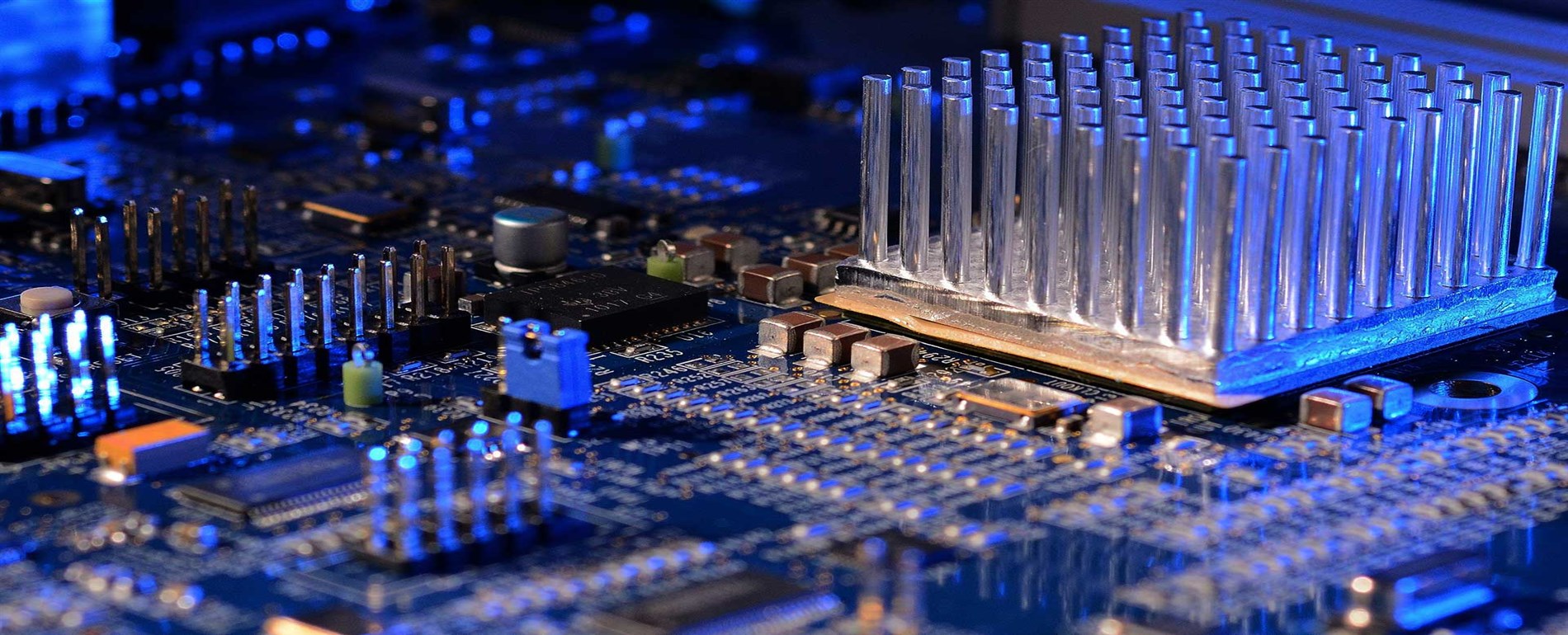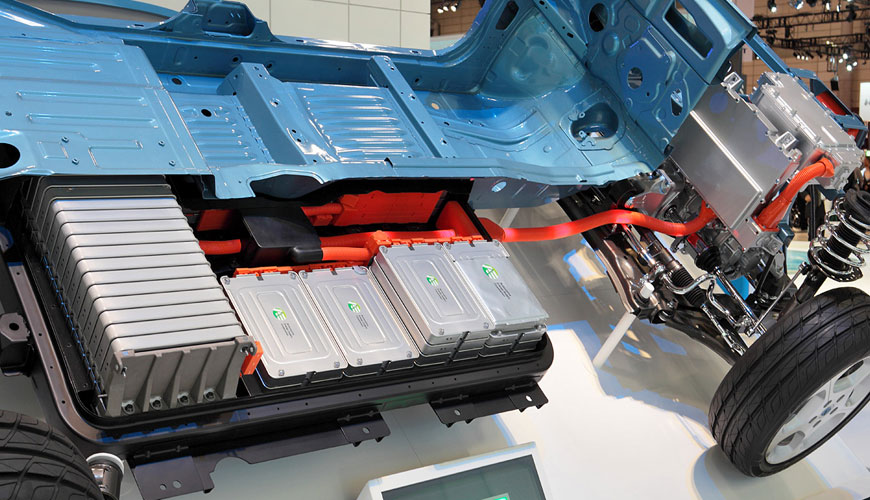

In the standard IEC 62660-3:2022 Secondary lithium-ion batteries for the propulsion of electric road vehicles - Part 3: Safety requirements” published by the International Electrotechnical Commission (IEC), the safety performance criteria of secondary lithium-ion batteries and battery blocks used in electric road vehicles are described, test procedures and acceptance criteria are defined. This standard covers battery electric vehicles and hybrid electric vehicles.

The IEC 62660-3 standard specifies the essential safety performance of batteries used in a battery pack and system during normal operation of electric vehicles, under the intended use and acceptable for foreseeable misuse or event. The battery safety requirements in this document are based on the assumption that batteries are used properly in a battery pack and system within the voltage, current and temperature limits specified by the manufacturer.
Safety performance requirements for lithium-ion battery packs and systems are defined in the standard “ISO 6469-1:2019 Electrically powered road vehicles - Safety features - Part 1: Rechargeable energy storage system”.
Specifications and safety requirements for lithium-ion battery packs and electrically powered mopeds and motorcycle systems are defined in the standard “ISO 18243:2017 Electrically powered mopeds and motorcycles - Test specifications and safety requirements for lithium-ion battery systems”.
Lithium batteries, modules, battery packs and battery systems are regulated by the International Air Transport Association (IATA) and the International Maritime Organization (IMO) for air and sea transport, and by other government agencies for land transport.
Batteries are tested at room temperature unless otherwise stated. For the purposes of this standard, room temperature is 25 plus/minus 2 degrees. The measuring instruments used allow voltage and current values to be measured. The range and measurement methods of these instruments are chosen to provide the specified accuracy for each test.
The concept of secondary lithium ion cell refers to the secondary single battery, whose electrical energy is obtained from the input / output reactions of lithium ions between the negative electrode and the positive electrode. A secondary battery is a unit that provides a source of electrical energy by direct conversion of chemical energy. The battery consists of electrodes, electrolyte, container, terminals and separators, if any. The electrode can be monopolar or bipolar, the current collector of the first has unipolar active material, and the second has positive and negative electrode active materials. The electrolyte contains an ionic conductive liquid or solid, or a mixture thereof. The cell is designed to be electrically charged.
For the purposes of this standard,
Among the numerous test, measurement, analysis and evaluation studies given to businesses by our organization, there are also testing services within the framework of the "IEC 62660-3:2022 Secondary lithium-ion batteries for the propulsion of electric road vehicles - Part 3: Safety requirements" standard.
To get an appointment, to get more detailed information or to request an evaluation, you can ask us to fill in our form and reach you.